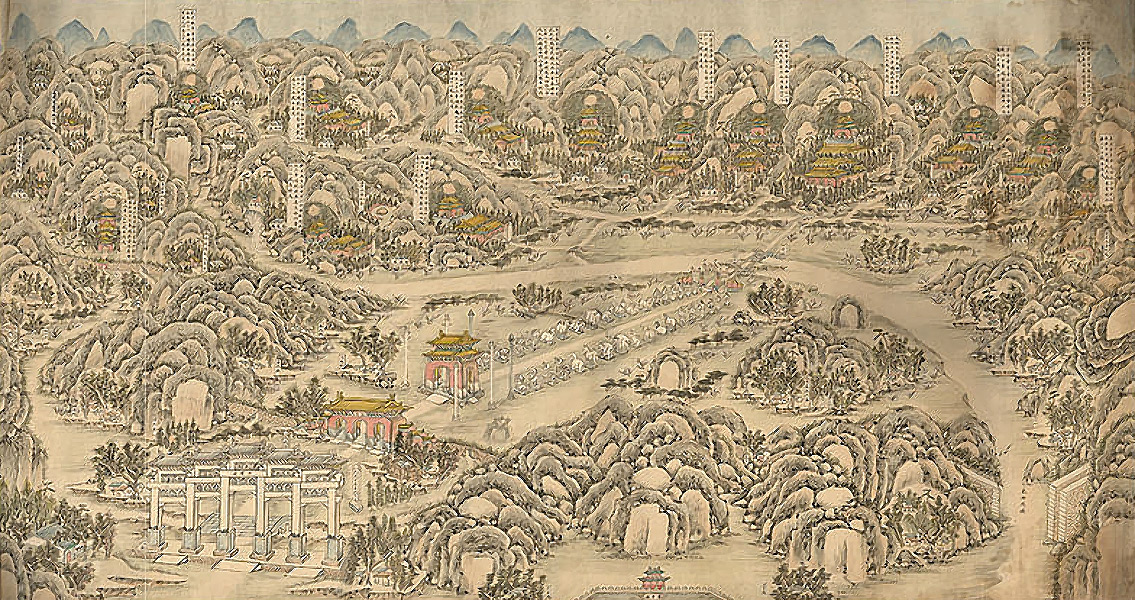<![CDATA[A fifteenth century tomb discovered in Nanjing, eastern China, seven years ago, has told scientists the life story of a remarkable woman, Lady Mei, wife of the Duke of Qian who ruled the province of Yunnan in the southwestern part of the country. The tomb contained an abundance of gold artefacts including bracelets, a fragrance box, and a hairpin, but the most informative find was two stone epitaphs that tell the story of Lady Mei in great detail. Lady Mei, born in 1430, came from a respected family, as suggested by the epitaphs which say one of her ancestors had been a general who “won every battle”, according to quotes from the English translation of the epitaphs published in Live Science. She was married to Mu Bin, the duke, when she was only 15 and she seems to have been the youngest of his three wives, having the status of a concubine rather than a “full wife”. The duke was more than thirty years older than her and died when she was 21 but already a mother to the duke's heir, Mu Zong. The older duke died when his son was just 10 months old. Lady Mei “called herself a survivor”, apparently enjoying none of the privileges that went with being the wife of a Ming Dynasty aristocrat. Despite her difficult life, she took it upon herself to raise her son properly and prepare him for the responsibilities of dukedom, the epitaphs go on to tell us. She encouraged him to study for his future role and at the same time she took the reins of the whole household and managed it in a way that left everyone concerned happy. Her efforts apparently paid off because when her son reached adulthood, she went to speak to the emperor about appointing Mu Zong as his father’s successor at the helm of Yunnan. She made such an impression on the Emperor that he awarded her the title of Dowager Duchess. When Mu Zong took to his duties as Duke of Yunnan, his closest adviser was his mother, according to the epitaphs. She taught him loyalty to the emperor, and how to respond to the needs of the people under his rule in the province, while also providing him with strategic advice about ways to deal with the “barbarian tribes” and pacify them. So significant was her role in the rule of Yunnan that when she died at the age of 45, local dignitaries and common folk alike mourned her sincerely. The reason why she was buried in Nanjing, instead of the province which she helped rule may be related to the fact that Nanjing, today capital of the Jiangsu province, was also the first capital city of the first Ming emperor, Zhu Yuanzhang, whose famous mausoleum still stands there. Nanjing, and specifically the tomb of emperor Zhu, are considered by many to have a particularly beneficent feng shui orientation. More recently, Nanjing was the chosen burial site of Sun Yat-sen, the “Father of modern China” who founded the republic after the anti-imperial revolution of 1911. Image courtesy of Wikimedia Commons user: Library of U.S. Congress]]>
Ming Dynasty Tomb Tells A Remarkable Life’s Story
